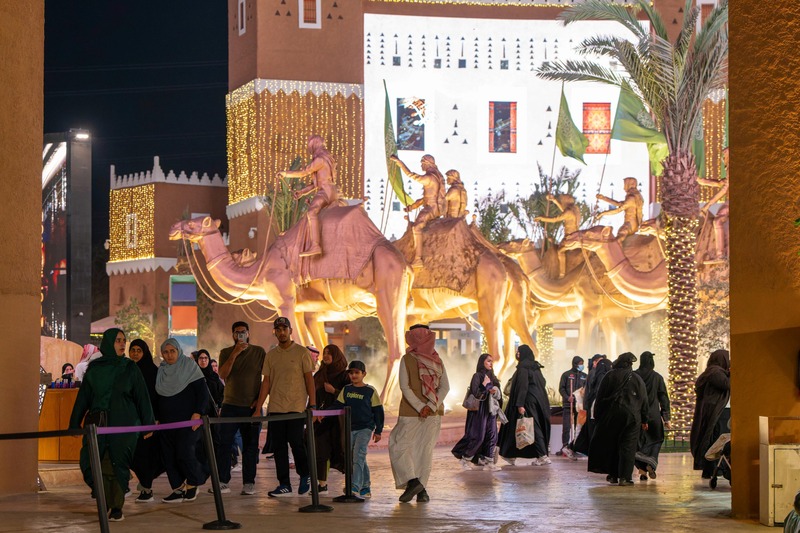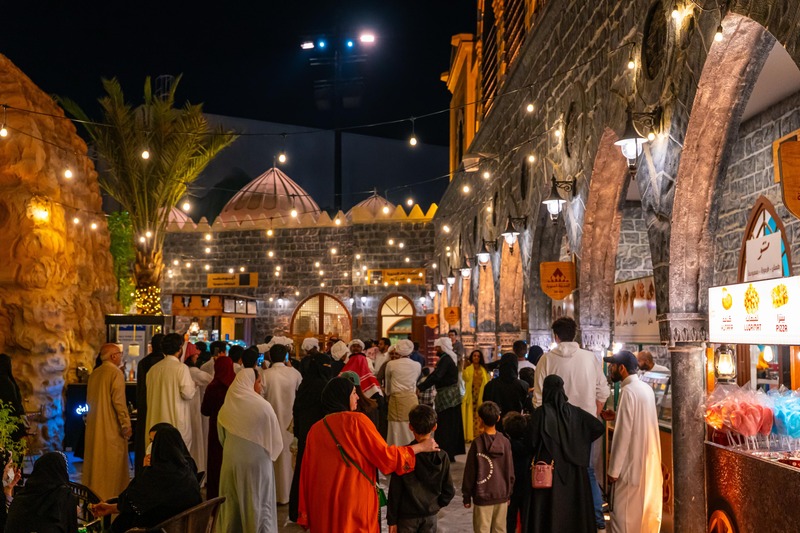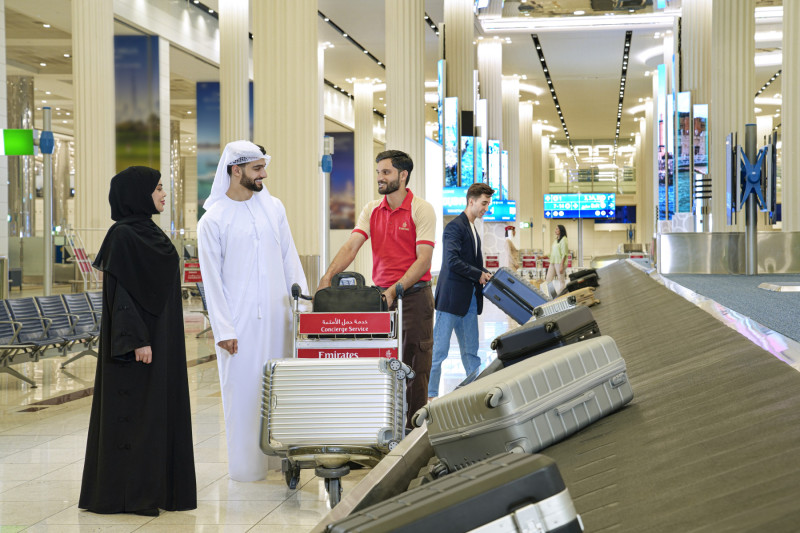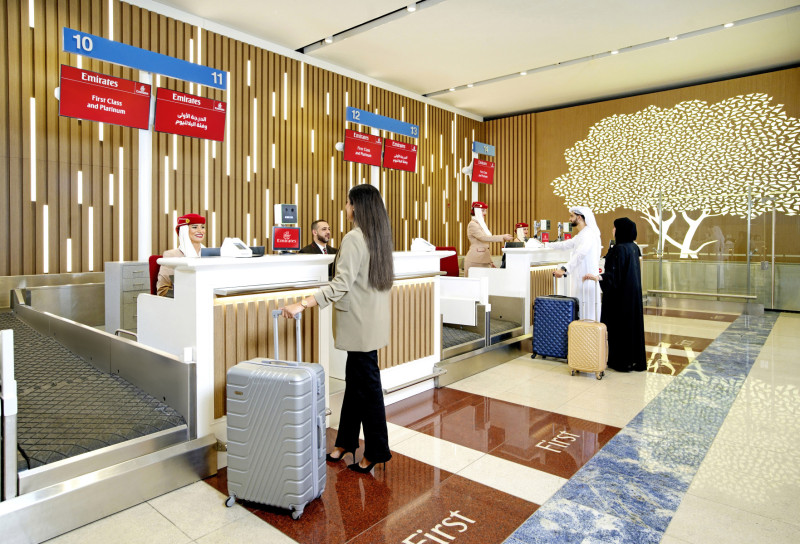
Saudi Arabia offers a captivating blend of rich cultural heritage, culinary delights, thrilling desert adventures, and unparalleled hospitality. This diverse kingdom invites visitors to immerse themselves in a tapestry of experiences that showcase both its ancient traditions and modern ambitions.
Immerse Yourself in Vibrant Culture

Saudi Arabia's cultural tapestry is woven from a rich history, vibrant traditions, and modern innovations. Here are some key aspects to explore:
- Museums and Historical Sites: The kingdom is home to numerous museums and historical sites that showcase its heritage. For instance, the National Museum of Saudi Arabia in Riyadh offers a comprehensive look at the country's history, while the Al-Shefaa Museum in Jeddah focuses on Islamic art. Historical sites like the Masmak Fortress in Riyadh and the ancient city of Diriyah provide insights into the kingdom's past.
- Cultural Events: Events like the Jenadriyah Heritage and Cultural Festival celebrate Saudi traditions with music, dance, and crafts. This festival is a highlight of the Saudi cultural calendar, attracting millions of visitors each year.
- Art and Fashion: Saudi Arabia is witnessing a surge in contemporary art and fashion. The kingdom hosts various art exhibitions and fashion shows, showcasing local talent and international collaborations. The Diriyah Season, for example, includes cultural and artistic events that highlight Saudi creativity.
Indulge in Culinary Delights

Saudi Arabian cuisine is a blend of traditional flavors and modern twists, influenced by its strategic location at the crossroads of Asia, Africa, and Europe. Here are some culinary highlights:
- Traditional Dishes: Popular dishes include Kabsa (a rice dish with meat or chicken), Shawarma (grilled meat sandwiches), and Gormeh Sabzi (a herb stew). These dishes often feature local spices and ingredients, reflecting the country's rich culinary heritage.
- International Cuisine: Major cities like Riyadh and Jeddah offer a wide range of international restaurants, from Italian and Chinese to Indian and American. This diversity caters to the cosmopolitan tastes of both locals and visitors.
- Coffee Culture: Saudi Arabia is famous for its coffee culture, with coffee being an integral part of social gatherings. The traditional coffee ceremony involves serving Arabic coffee (Gahwa) in small cups, often flavored with cardamom. This tradition is a symbol of hospitality and friendship.
Embark on Desert Adventures

The deserts of Saudi Arabia are vast and breathtaking, offering endless opportunities for adventure:
- Dune Bashing and Quad Biking: Activities like dune bashing and quad biking allow visitors to explore the towering sand dunes of the Rub' al Khali (Empty Quarter). These thrilling experiences provide an adrenaline rush amidst the stunning desert landscapes.
- Camping and Stargazing: Camping under the stars in places like Wadi Rum or the Red Sands near Riyadh offers a serene escape from urban life. The clear desert skies provide perfect conditions for stargazing, allowing visitors to connect with nature.
- Horseback and Camel Rides: Exploring the desert on horseback or camelback offers a traditional and peaceful way to experience the vast expanses of sand and rock formations. This mode of transportation allows visitors to appreciate the beauty of the desert at a leisurely pace.
Experience Renowned Saudi Hospitality
.jpg)
Saudi hospitality, or Hafwah, is a cornerstone of the country's culture. Visitors are welcomed with warmth and generosity, reflecting the deep-rooted tradition of ensuring guests feel valued and respected:
- Traditional Welcome: Guests are often greeted with dates and Arabic coffee, symbolizing respect and hospitality. This traditional welcome sets the tone for a warm and memorable stay.
- Generosity and Respect: Saudis take pride in their hospitality, often going to great lengths to ensure visitors feel comfortable and appreciated. This includes offering meals, accommodations, and assistance whenever needed.
- Cultural Immersion: By experiencing Saudi hospitality firsthand, visitors can gain a deeper understanding of the country's culture and values. This personal connection allows travelers to appreciate the true essence of Saudi society.
In summary, Saudi Arabia offers a unique blend of cultural richness, culinary diversity, thrilling adventures, and warm hospitality, making it an exciting destination for travelers from around the world. Whether you're interested in history, food, adventure, or cultural immersion, Saudi Arabia has something to offer everyone.























.jpg)










.jpeg)





















